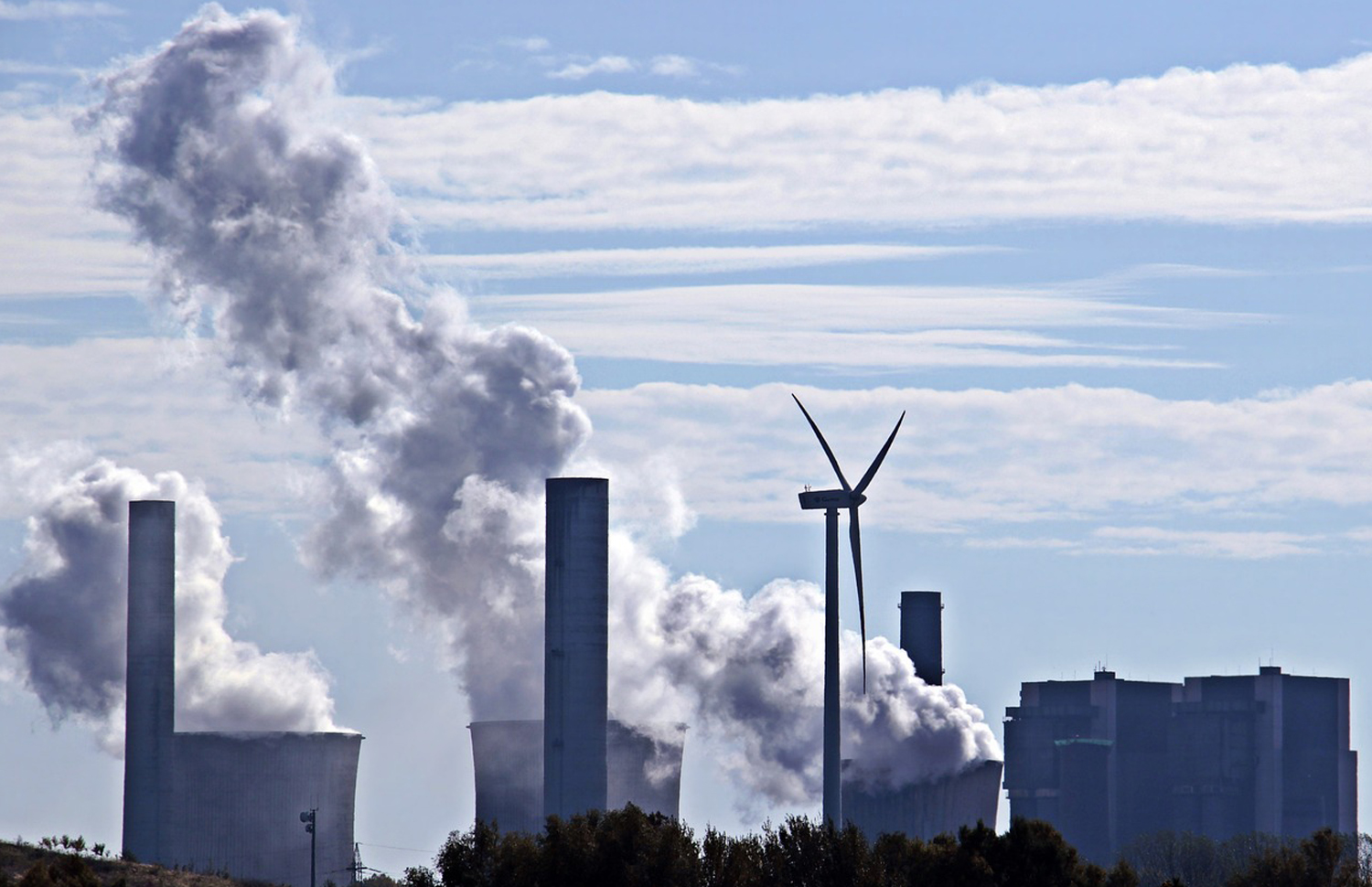Through the Carbon Disclosure Project (CDP), companies in the supply chain are asked by their customers to be transparent as well as document their environmental performance and the extent of their environmental (specifically greenhouse gas emissions) disclosure activities. In 2022, 746 investors and more than 280 large buyers asked companies in their value chain to reveal information on greenhouse gas emissions using CDP questionnaires. CDP has thus become an important driver for corporate environmental transparency. Since 17 April and until 26 July, companies can apply for their CDP assessment online. This can also be useful as a first step into climate reporting, independent of an external request. Our article informs you about CDP disclosure and offers support.
The Carbon Disclosure Project
Founded in London in 2000, CDP is an independent, non-profit organisation that operates a global disclosure system for companies, investors, states, regions and cities. It aims to help stakeholders manage their environmental impacts related to climate change, water security and forests, while promoting a more strategic integration of sustainability issues into corporate governance and decision-making. CDP assesses thousands of companies and organisations worldwide each year. New in 2023, for example, is that in addition to GHG emissions, deforestation and water, it is now possible to report on the use/consumption of plastics.
The CDP Score
- The CDP score provides a snapshot of a company’s disclosure and environmental performance and enables an accurate and transparent assessment of environmental impacts and progress.
- For this purpose, transmitted data and information on emissions, removals, risks and opportunities as well as reduction targets and strategies are collected and evaluated.
- The results show organisations and their stakeholders where they stand with regard to the 1.5 degree climate target and how they are positioned with regard to a deforestation-free and water secure future.
- Through disclosure over successive years, companies can make the progress or success of their environmental activities transparent and comprehensible.
Important driver for environmental transparency
In 2022, 746 investors and more than 280 supply chain members, i.e. large buyers, asked companies in their value chain to disclose information using the CDP questionnaires. As a result, more than 18,700 companies reported through CDP. With companies representing more than 50 per cent of the global market value, CDP has become an important driver of corporate environmental transparency.
Become active yourself
In the vast majority of cases, participation in CDP takes place following a request from a major customer or investor. However, a company can also become part of CDP independently and then call on its suppliers to participate in the disclosure process.
Important building block for financial valuations
As a recognised authority for sustainability assessments, the CDP is also increasingly included in financial assessments, such as those published by Deutsche Börse, Reuters or Google Finance.
The CDP Season 2023
The 2023 season of the Carbon Disclosure Project officially started on 17 April. CDP had already published its 2023 questionnaire and guidelines for reporting on forests, water security and climate change in January. The updated scoring methodologies for all questionnaires, i.e. the detailed information on how CDP scores each question, were published in March. The deadline for submitting responses to the questionnaires this year is 26 July. Until then, companies can submit their information via the Open Registration System (ORS) .
Substantial changes in the questionnaire
Compared to previous years, the CDP has made some significant changes to its questionnaire. While the area of biodiversity continues to be given a “grace period”, i.e. it is queried but not assessed, topics such as the transition to meeting the 1.5 degree climate target as well as scenario analyses and climate requirements for the value chain have gained further importance.
As a result, it is becoming increasingly difficult for companies that have been participating in CDP reporting for some time to achieve or maintain top scores.
As mentioned above, another new feature of the questionnaires is that companies can report on the use/consumption of plastics in addition to GHG emissions, deforestation and water.
Important tips for the questionnaire
All mandatory questions in the questionnaire are assessed in terms of completeness of reporting (“disclosure”).
- Unanswered questions receive zero points from the possible maximum score for the corresponding questions or question sets!
- In addition, if you do not receive Disclosure points for an answer, you are not eligible for assessment in the Awareness, Management or Leadership categories.
We therefore recommend that you fill in all mandatory fields to the best of your ability, even if access to the data is difficult or the question is not even applicable. It seems strange, but even if you only provide a reason why a certain question “does not apply” to your company or industry, you will receive a higher score than if the field is left blank.
Score support and beyond
Whether your company is tackling CDP reporting for the first time or for the second time, as B+P we can help you navigate the questionnaire and get the right data into the right places as well as help you achieve a better Ecovadis rating via the CDP score.
We are also happy to support you in complying with the European Corporate Sustainability Reporting Directive (CSRD), in fundamentally improving your sustainability performance or in the context of other sustainability ratings and rankings. Please contact our Senior Consultant Sustainability Jenny Walther-Thoss (walther-thoss@bp-consultants.de) directly or schedule a non-binding meeting (here).

